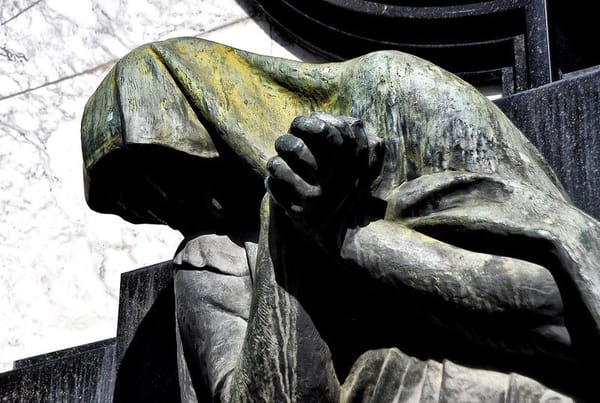Preventable: How a Pandemic Changed the World & How To Stop the Next One
By Devi Sridhar
Viking, 422 pages, $32.95
Every major crisis of recent decades has elevated a new subset of credentialed experts to media prominence and political influence. During the War on Terror, these tended to be counterterror specialists and national-security strategists; in the wake of the 2008 financial crash, it was the economists’ turn; the populist double-shock of Brexit and Trump boosted so-called disinformation experts and historians of authoritarianism. Over the past two and a half years, epidemiologists and public-health professionals have had their turn in the spotlight.
The American-born, UK-based public-health researcher Devi Sridhar is one academic who gained newfound prominence during the Covid era. Prior to the pandemic, Sridhar worked mainly on infectious diseases in the developing world, particularly the Ebola virus in West Africa. She was no stranger to the corridors of power, however: She also advised the World Health Organization and co-wrote a book on global health governance with Chelsea Clinton. When the novel coronavirus arrived in Britain early in 2020, she became an adviser to the British and Scottish governments and began to make appearances in major media outlets and write columns for the Guardian.
Sridhar’s new book, Preventable: How a Pandemic Changed the World & How to Stop the Next One, is a breezily written memoir offering an insider’s view of how the crisis unfolded. Yet it should also be read as an apologia for the performance of the expert class to which she belongs.
“Many countries praised by the experts … later experienced devastating waves of the disease.”
